On-Page SEO
What is On-Page SEO?
On-page SEO (search engine optimization) is the process of optimizing individual web pages to enhance user experience and rankings.
Off-page SEO, which is optimizing for things, not on your site, is the inverse of this. Backlinks and social media mentions fall under this category
In on-page SEO, there are three main categories that you should look at.
- Title
- Content
- Meta Description
Headings, image alt tags, permalinks, site structure, page performance, mobile friendliness, etc. are other crucial elements.
Title tags - The title tags are basically online headlines. When you open a new page, they are what appear in the tab of your browser. A greater CTR results from a match between the page title and the search terms. It indicates significant significance.
Content - Content is the key to success. High-quality and relevant content helps a website grow its organic reach. Important key factors to consider while creating content are
- Quality
- Relevant
- Keyword relevancy
- Freshness
- Clearly written
Meta Description - The meta description of a page is very important for your website's search engine rating. The meta description of your website needs to be relevant to the keyword that someone is typing into a search engine.
Why Is On-Page SEO Important?
In order to better comprehend user intent and the entire user experience after a user lands on a page, Google adjusts its algorithm on a regular basis. For this reason, it's crucial to keep up with best practices and master SEO.
A well-optimized page aids Google in organizing and ranking your page by assisting it in comprehending the information. In short, you're assisting Google in performing its duties better.
